Crownsville Hospital Center
This former asylum for Black Americans is haunted by its history of violence and racism.
This unsettling institution was the site of many gruesome practices such as lobotomies, pneumoencephalography, and insulin shock therapy. The Hospital for the Negro Insane of Maryland changed its name to Crownsville State Hospital in 1912, just two years after it was built. It stands on 566 acres of old tobacco farmland that the state bought for $19,000, part of a plan to reform the treatment of mental patients in the area.
The hospital was chronically crowded and understaffed―by 1949 there were 1,800 patients in a space intended for 1,100, with fewer than 10 doctors on campus.
Many of the patients were sent to neighboring farms to work for free under the guise of an industrial therapy program. The hospital’s own farming operation closed in the ’60s, and was immediately followed by a mass release of patients, suggesting many of them were only kept as laborers.
Lucille Elsie Pleasant, daughter of Henrietta Lacks, the source of the HeLa cell line, lived the final years of her short life in the hospital, where she died at just 15 years old. Her autopsy photo, like so many patients of Crownsville, showed evidence of abuse.
As early as the ’40s, the Washington Post and other newspapers were reporting on the awful conditions, but things went unchanged until the late ’60s. Paul Lurz, an employee of Crownsville from 1964 until it closed, said patients “were more likely to leave Crownsville through death than discharge.” Many of the hospital’s dead were either used for medical research or buried in numbered graves on campus.
The place closed down in 2004, and has remained empty aside from being used as a filming location for the 2006 B-rated horror film Crazy Eights. A group of former employees, afraid the hospital’s potential demolition would serve as an erasure of its sordid history, keeps an eye out for any future plans. Many of the walls and window panes in the buildings contain murals painted by the patients during art therapy in the hospital’s later, more humane years.
Know Before You Go
The Crownsville State Hospital is closed off from the public and often guarded by security officers, so you unfortunately cannot enter any of the abandoned buildings.

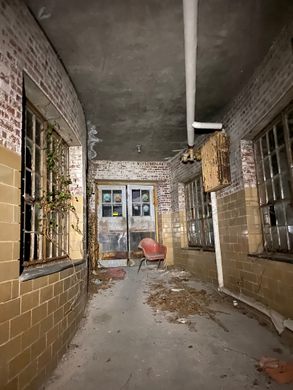
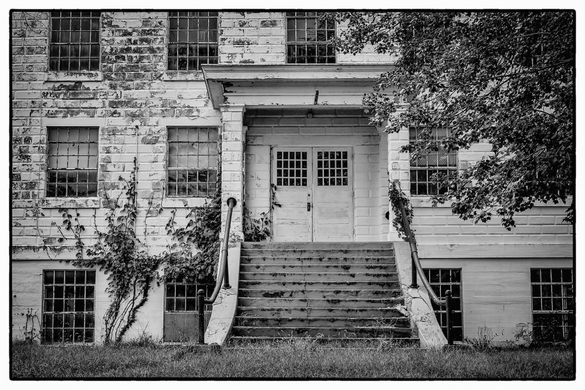






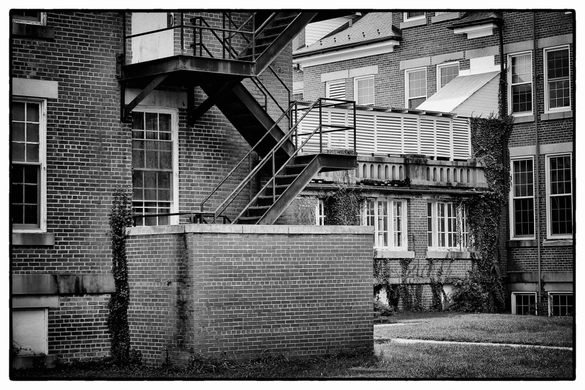
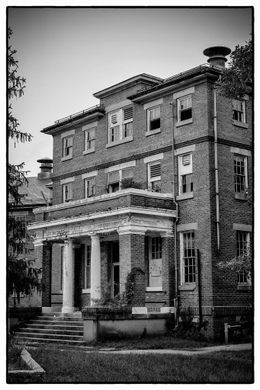

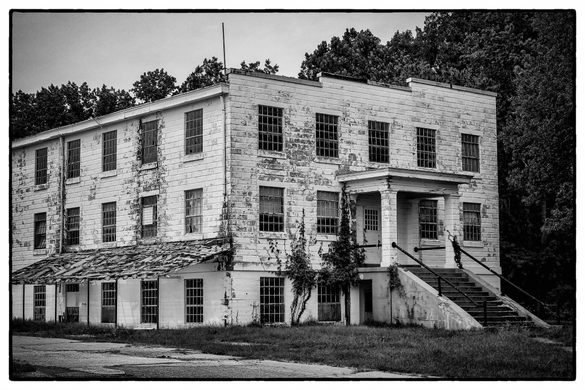














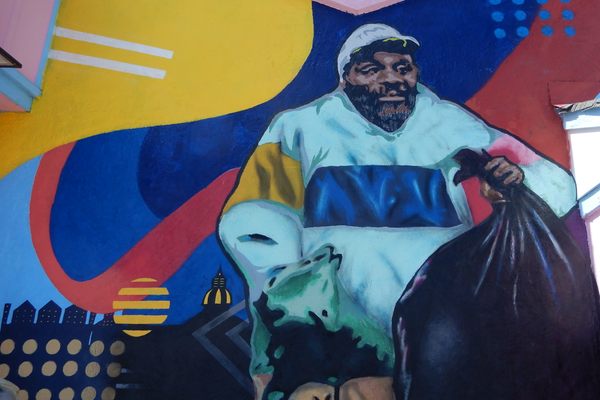

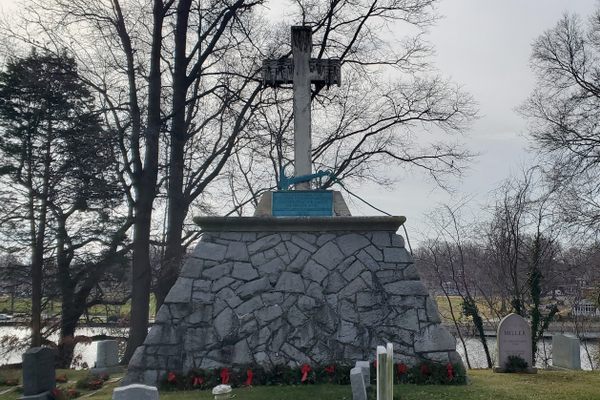
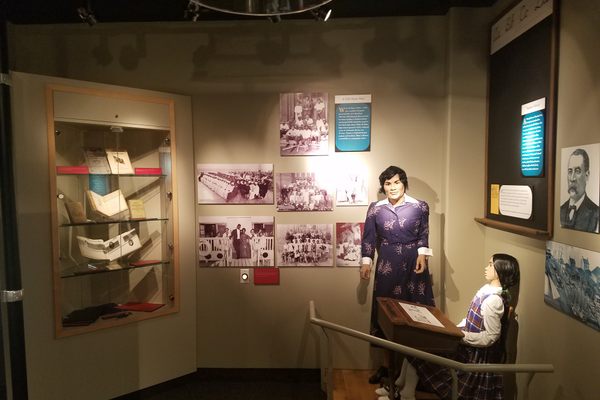


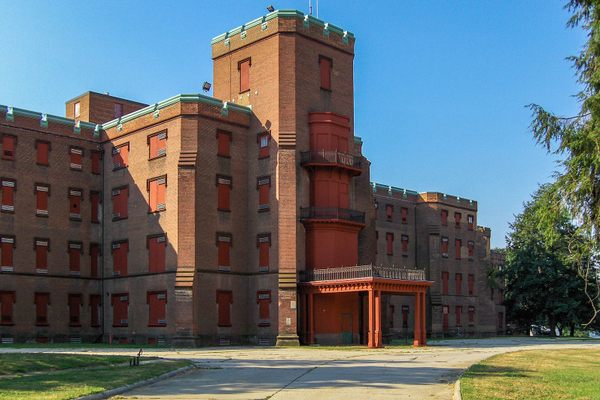


Follow us on Twitter to get the latest on the world's hidden wonders.
Like us on Facebook to get the latest on the world's hidden wonders.
Follow us on Twitter Like us on Facebook